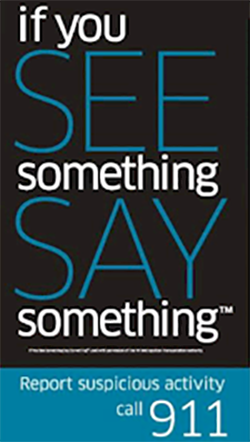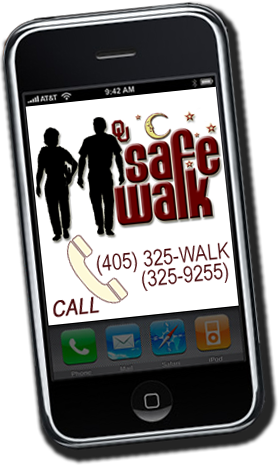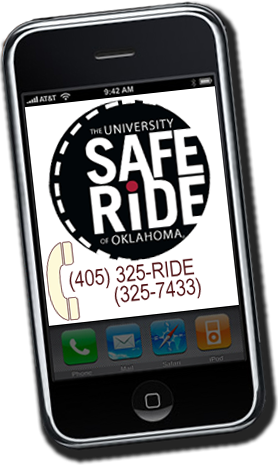Know Your Defenses
Anyone can be a victim of sexual assault. You should think about the kinds of defense you would be willing to use. In some cases, resistance can frighten off or discourage the attacker, but it can also lead a rapist to become more violent or increase efforts to subdue the victim.
Now is the time to consider your options; there is little time to think during an attack. Could you really hurt an acquaintance who tried to hurt you? Are you willing to yell? Are you able to run? Remember, rape is a crime of violence, not passion. You've got to assume that a rapist is willing to use violence. If you are attacked, your main concern must always be your safety.
Because all people and all situations are different, there is no ONE way for you to protect yourself. People have different capabilities, and you must decide for yourself the best defense method for you.
There are several ways to react to a sexual assault...
Passive Resistance
The goal of passive resistance is to think and talk your way out of the situation. With passive resistance, you can:
- Try to calm the attacker. Try to persuade him not to carry out the attack.
- Claim to be sick or pregnant. Tell him you have a sexually transmitted disease. This may intimidate the attacker.
- Try to discourage him. Pretend to faint, cry hysterically, act insane or mentally incapacitated.
- If you're at your residence, tell the attacker a friend is coming over or that your spouse or roommate will be back soon.
Active Resistance
Active resistance is intended to distract or temporarily injure your attacker to create an opportunity for escape. Nobody can tell you whether or not active resistance will be the "right" thing to do. A decision to resist actively, however, is irreversible. Your goal is to escape, not to win. Here are some pros and cons regarding the most common types of active resistance:
A yell can surprise or frighten an attacker away if he fears people will come to help. But yelling won't help in isolated or noisy areas.
- STRUGGLING and FIGHTING BACK
A forceful struggle may also discourage an attacker, but most will retaliate and have the potential to inflict serious injuries. However, you must not be afraid to hurt an attacker. All kicks and blows must be forceful and should be aimed at vulnerable areas such as the groin, eyes, or instep.
Special self-defense skills such as judo or karate are popular. If you are proficient in such techniques, they can be very effective. But proficiency requires practice.
Some people carry weapons such as guns, knives, or spray chemicals to ward off attackers. Unless you are trained and not afraid to use these weapons, they can be very dangerous. The attacker might be able to turn them against you. Also, some weapons cannot legally be carried, so check with local law enforcement authorities.
Submitting to an Attack
If you believe you might get hurt defending yourself or if you're afraid to fight back, don't. Sexual assault is still an assault and still a crime, even if you do not have a single cut or bruise. Victims who do not resist should never feel guilty; it is the assailant who committed the crime.






